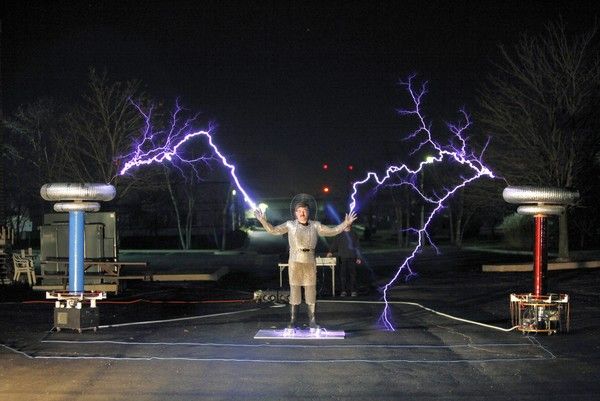Strapped my setup on to a PS Audio P10 mains regenerator this weekend. NB: Not simply a "conditioner" but a "regenerator", which (they say) rebuilds the incoming AC and outputs it as a perfect sine wave. It also stabilises voltage as well as conditioning/circuit protecting etc. as it goes.
I have to say I gave this a try with a fair amount of cynicism in my heart and expected to be disapointed, but the results have been remarkably positive. Worth a try if you have the opportunity and the means. Power Inspired also a much less expensive range of regenerators - the AG500 at £249 or the AG1500 at £499 - which I understand do a similar thing. Some say they do it better so I will be checking these out.
BTW I know that many on here will say that "scientifically" this should not have made any discernible difference to the SQ of my system, and that my existing power supplies should be more than adequately designed for the purposes described, but the P10 has made a huge difference. Simple as that. I am experiencing increased dynamics (I was expecting the opposite) and a boost in clarity, especially on vocals, which I put down to a lower noise floor. I am seriously impressed!
I have to say I gave this a try with a fair amount of cynicism in my heart and expected to be disapointed, but the results have been remarkably positive. Worth a try if you have the opportunity and the means. Power Inspired also a much less expensive range of regenerators - the AG500 at £249 or the AG1500 at £499 - which I understand do a similar thing. Some say they do it better so I will be checking these out.
BTW I know that many on here will say that "scientifically" this should not have made any discernible difference to the SQ of my system, and that my existing power supplies should be more than adequately designed for the purposes described, but the P10 has made a huge difference. Simple as that. I am experiencing increased dynamics (I was expecting the opposite) and a boost in clarity, especially on vocals, which I put down to a lower noise floor. I am seriously impressed!




